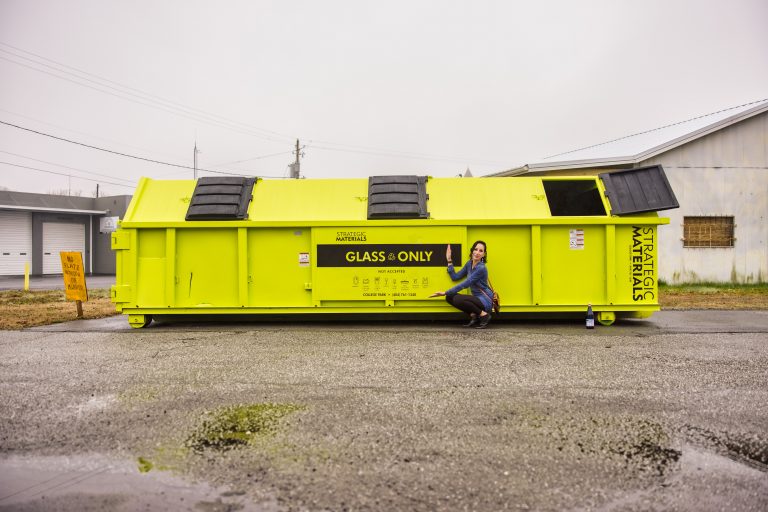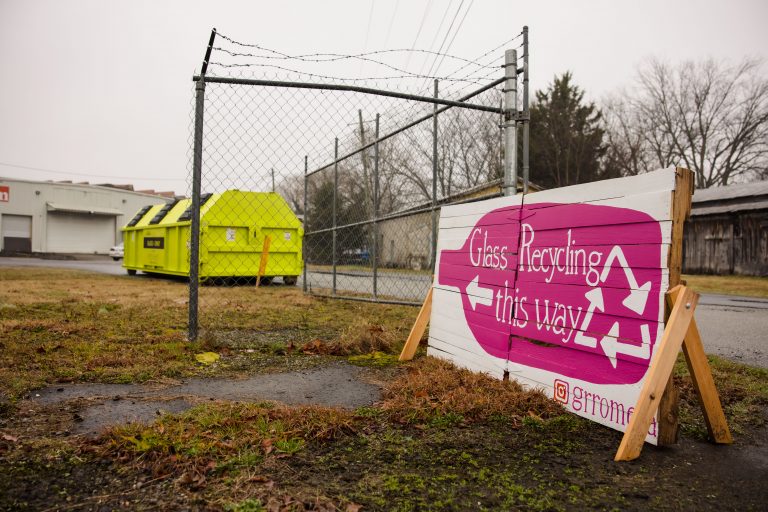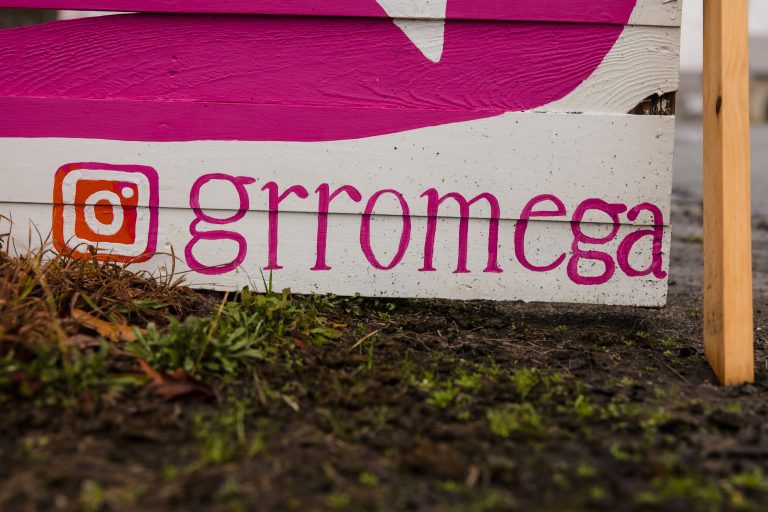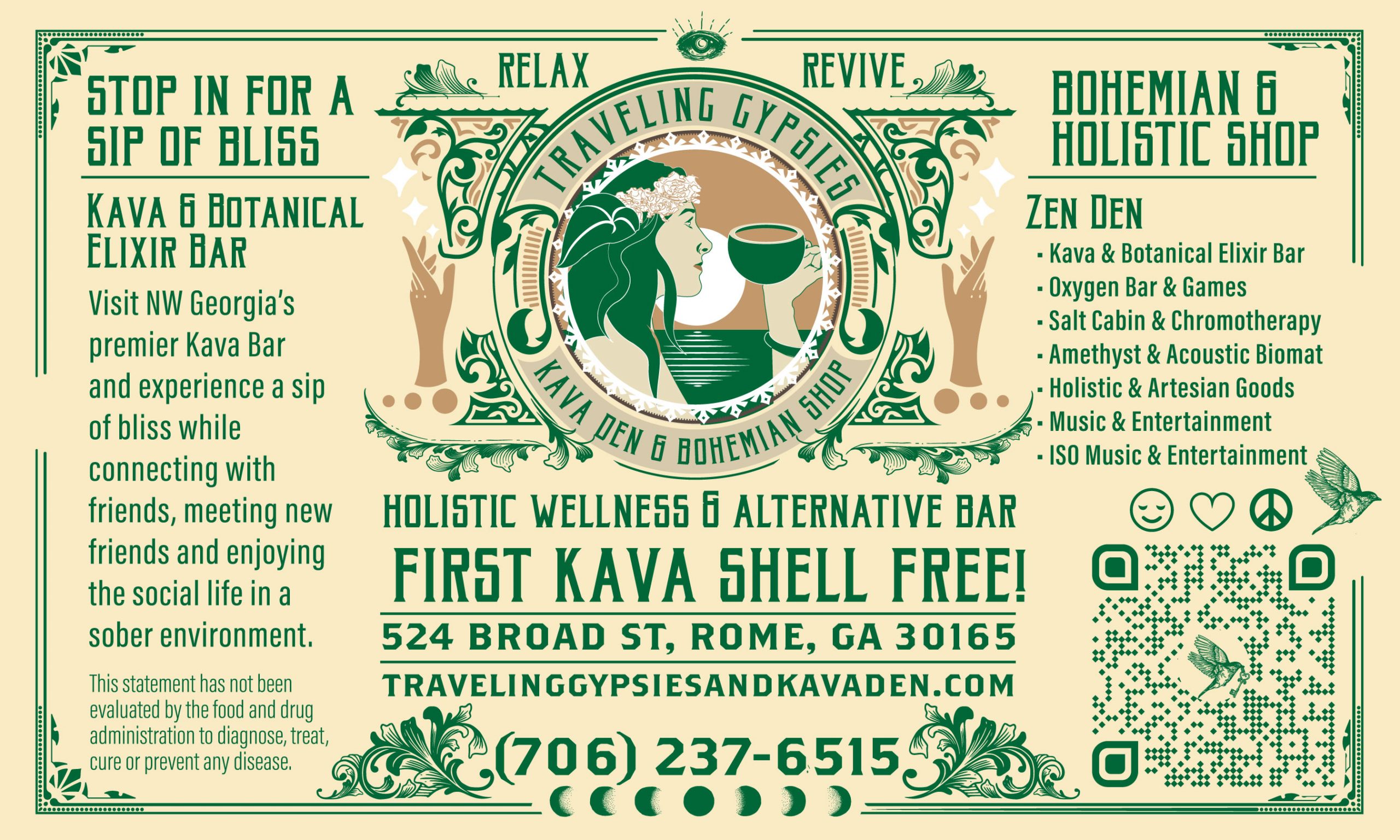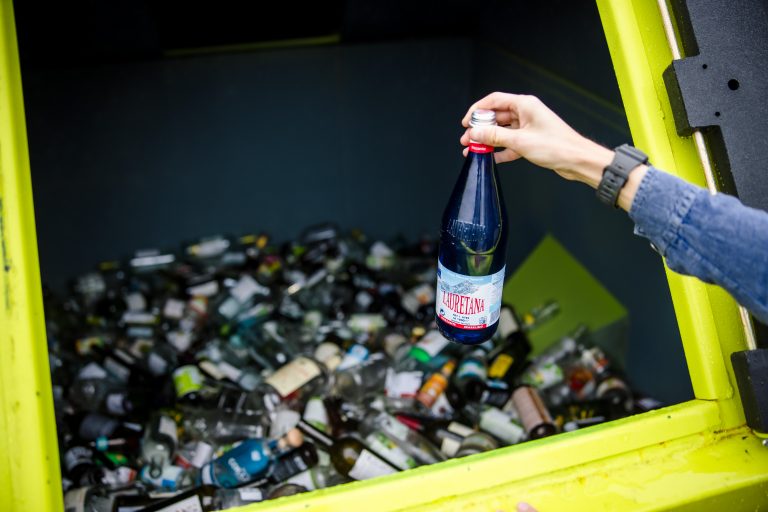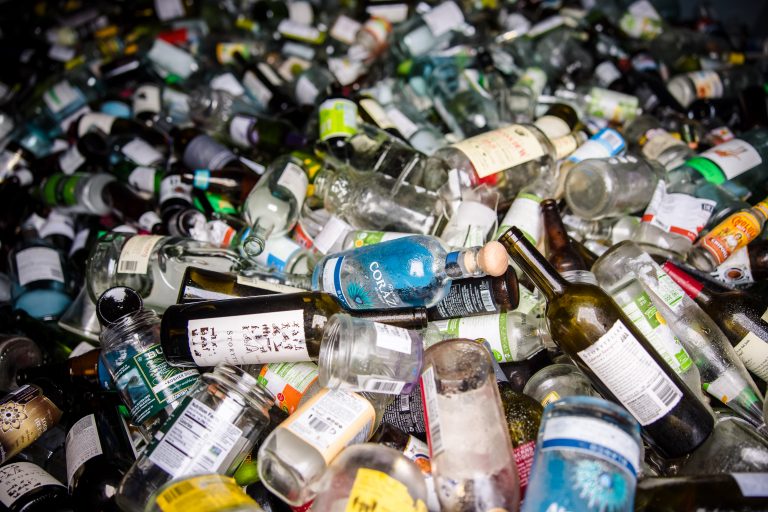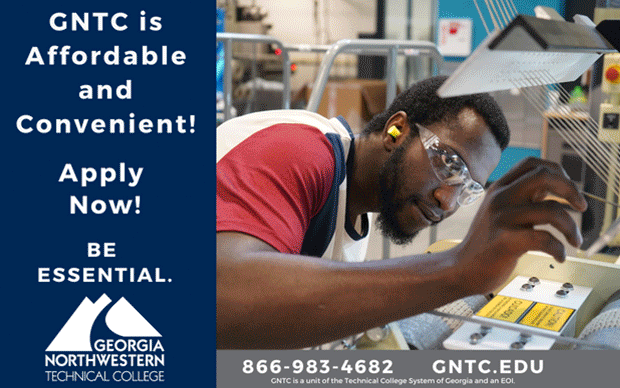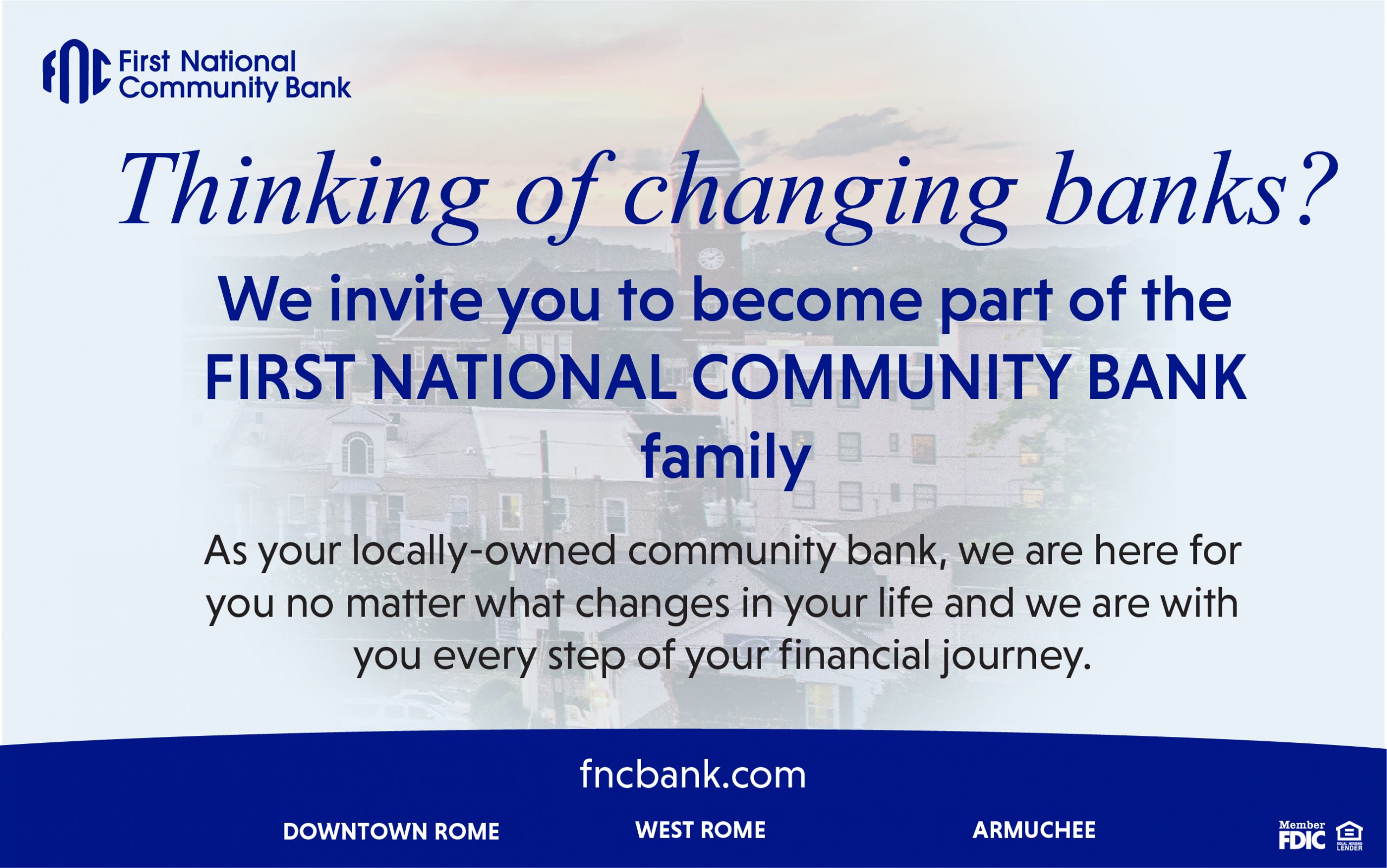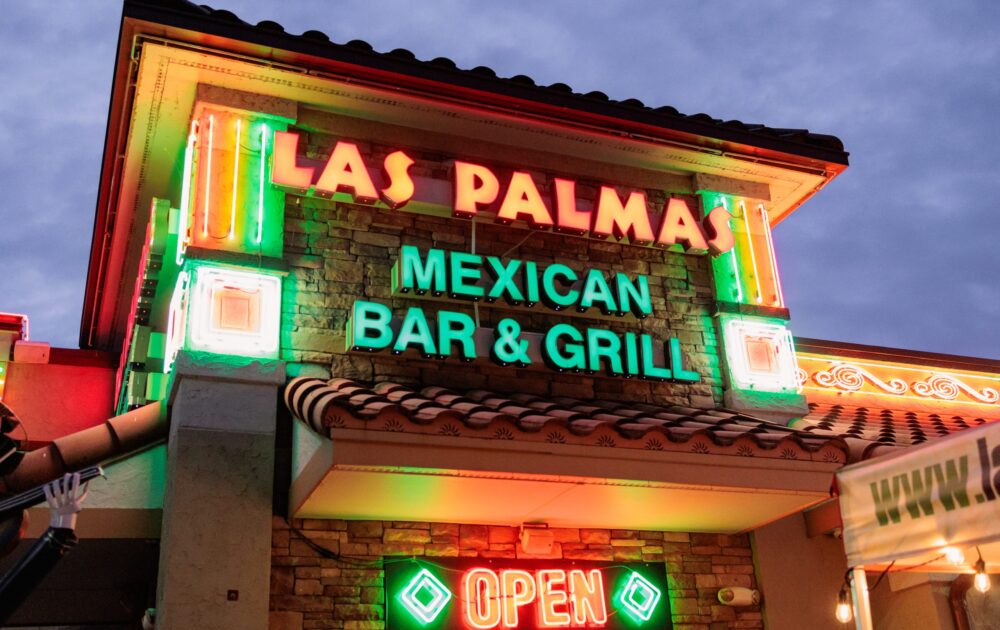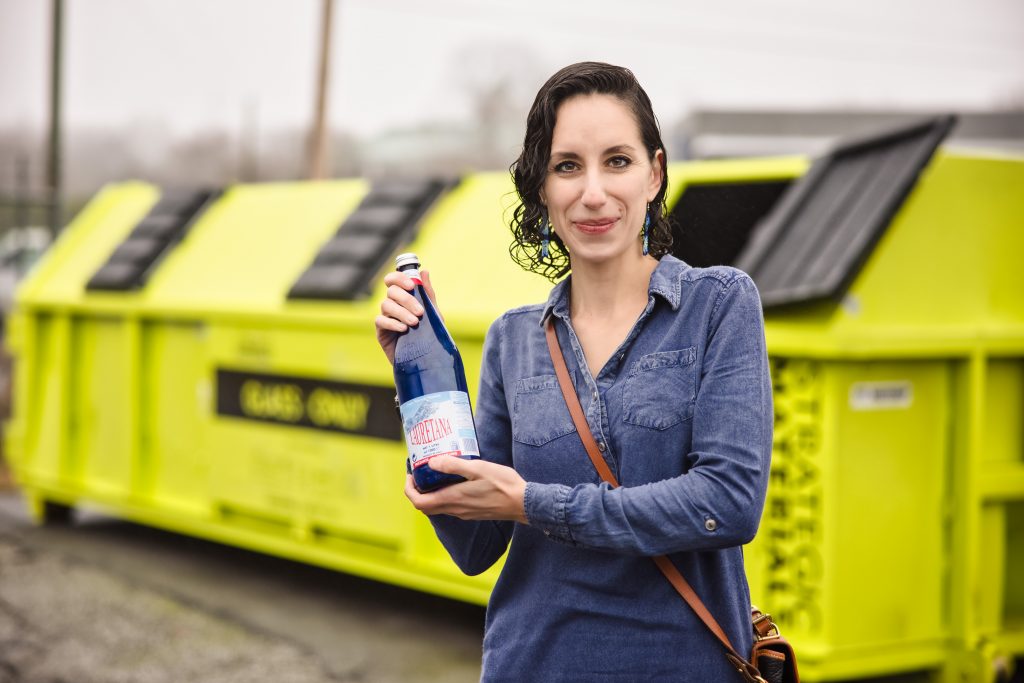
When Teresa Lartundo sat down to watch the documentary Blackfish, she didn’t expect it to change her entire worldview. Now, years later, she is the driving force behind Rome’s new glass recycling initiative, which officially opened on January 8th.
“Since I was a kid, I have loved killer whales. I went to SeaWorld, and I lived in a world where I thought they were happy there,” she explains. “When I saw the documentary Blackfish and I learned that they were not really happy, I felt so stupid that I never questioned what was behind that world. In that moment, I started questioning pretty much everything in my life: where does the food I eat come from? What happens to the plastic that I throw away? What is sustainability, what is global warming? The biggest research I started doing was on global warming and what we can do to help.”
In the research that followed, Lartundo learned something interesting about glass: it is the ideal recyclable material. “Contrary to plastic, glass is like a perfect loop,” she says. “Whatever glass you take to melt and recycle and turn into more bottles, you don’t have to add any other material to be able to recycle it. The quality of the end product is just as good. With plastic, if you don’t add more and more plastic to the old plastic, the end product degrades over time, so it’s really not that sustainable.”
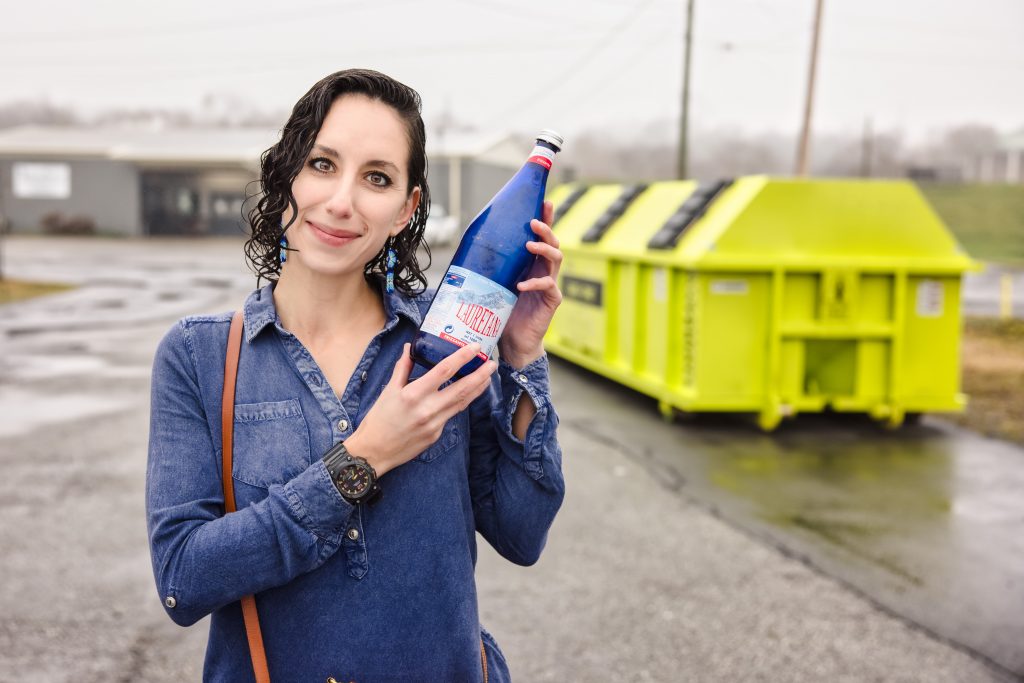
Lartundo has been working on reinstituting glass recycling in Rome since 2018, setting up her own account with a collection facility and scouting possible locations for a dumpster. She started collecting glass on a small scale outside of Purple Mountain Natural Market, in order to gauge community interest.
“I wanted to see if people would really want to do this,” she says. “As soon as I announced it, people were bringing their glass and those bins filled up really quickly.”
For the official location, though, Lartundo turned to Makervillage, where creator Tricia Steele was thrilled to support Lartundo in her effort to make Rome more eco-friendly.
“Makervillage exists to nurture innovation in all forms,” Steele says. “I want to support every risk-taker in Rome because I want to see more new ideas and more examples of people solving problems that matter to them. I want to support more stories of people like Teresa.”
The dumpster will remain in the Makervillage parking lot for a four-month trial period, Lartundo says. The glass collection company, Strategic Materials, comes to Rome to pick up the glass once a month. Because it costs to arrange these pick-ups, the trial period is used to ensure that the initiative will be successful enough to make the process worthwhile for the company.
“If there isn’t enough need for this to be able to haul it to Atlanta once a month, then they will take that box to another location that needs it more than we do,” Lartundo says.
She and a friend have been monitoring the dumpster weekly to track its progress. Strategic Materials can only recycle glass bottles and jars, so the monitors ensure that no trash or other kinds of glass end up in the dumpster. Sheet glass and mirrors have a different melting point and therefore cannot be recycled in the same facility as bottles and jars.
After the four-month trial, when Strategic Materials approves the dumpster to stay behind Makervillage, Lartundo plans to register Glass Recycling of Rome, Georgia, as a non-profit so that it can operate on community donations. Each pick-up costs about $250, so this is another way that the Rome community can be involved in this project.
“I could pay for this myself and have it be a privately funded thing, but what’s the use of just one person doing that?” she asks. “It’s much better to join forces and have everybody participate in the common cause.”
The community aspect of this project is very important to Lartundo. “My three motivations are for the people to feel like they can contribute in some way to the greater good, and secondly for this community to come together for the same purpose, and thirdly so that we can help the planet,” she says. “For the people, for the city, and for the planet. That’s why I’m doing this.”

